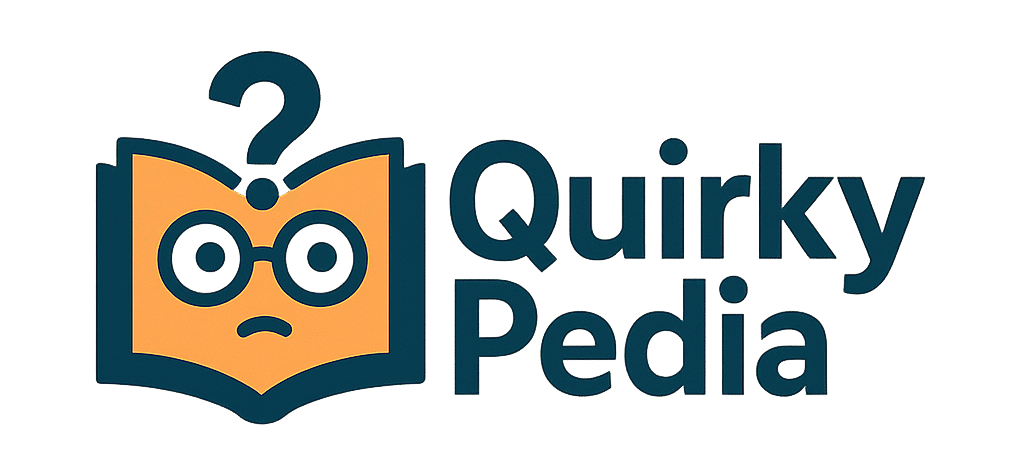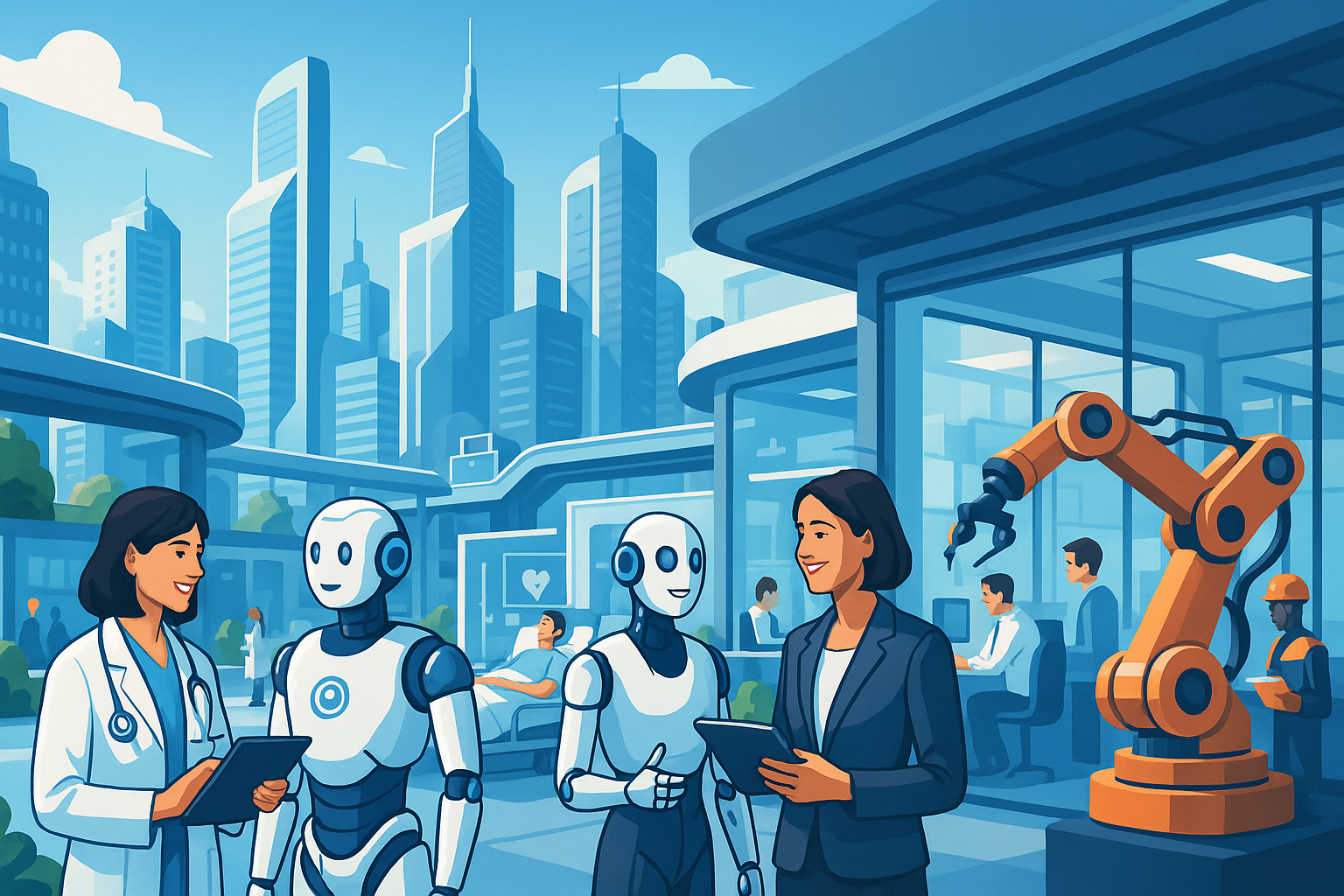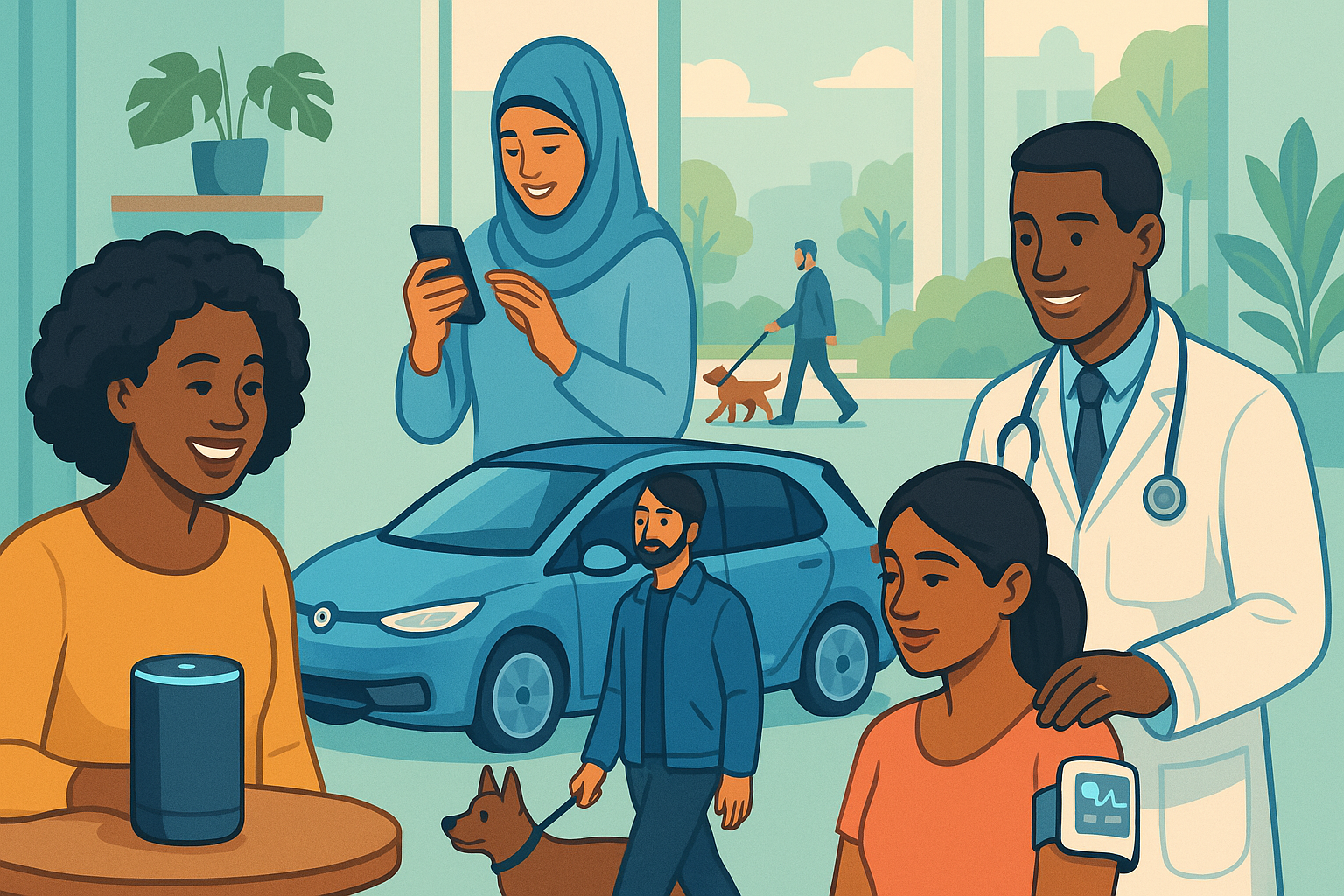How artificial intelligence will change the future essay? This question is a hot topic as AI advances rapidly, transforming industries, healthcare, and the workforce. In this comprehensive guide, we answer Google’s most-asked questions about how artificial intelligence is reshaping our world, what jobs AI may replace, its impact on healthcare and nursing, and why it poses both promise and threat to human employment. Read on for data-driven insights, expert analysis, and actionable strategies to adapt in an AI-powered age.
What Is Artificial Intelligence and Why Is It Important?
Artificial intelligence (AI) is the capability of machines to mimic human intelligence processes such as learning, reasoning, and problem-solving. AI includes machine learning, natural language processing, robotics, and computer vision. Today, AI powers virtual assistants, medical diagnoses, customer service chatbots, self-driving vehicles, predictive analytics, and much more. As businesses, governments, and individuals implement AI, understanding its evolution and future is crucial for staying competitive and informed.
How Artificial Intelligence Will Change the Future
How artificial intelligence will change the future is a question at the heart of innovation debates worldwide. AI will continue to automate routine tasks, optimize business operations, and drive better decision-making. It will enable smarter energy usage, transform education, improve healthcare outcomes, personalize customer experiences, and create opportunities for entirely new industries and job roles.
- Automation: AI will handle repetitive, time-consuming tasks in nearly every sector.
- Enhanced Productivity: Businesses will use AI to increase efficiency and maximize output.
- Smart Decision-Making: AI will analyze large volumes of data to inform high-stakes choices.
- Innovation Acceleration: Breakthroughs in research, creativity, and product development.
What Artificial Intelligence Can Replace Human Being from Working in an Industry?
What artificial intelligence can replace human being from working in an industry? This is a pressing search phrase for workers and employers alike. AI can automate physical labor (like assembly lines), data analysis, and even some creative work. Here are industries most affected:
| Industry | Roles Replaced by AI |
|---|---|
| Manufacturing | Assemblers, inspectors, quality control |
| Finance | Data entry, customer service, basic analysis |
| Transportation | Drivers, warehouse workers, route planners |
| Retail | Cashiers, stock clerks, inventory managers |
However, AI also generates demand for new jobs such as data analysts, AI ethics consultants, and robotics maintenance experts.
How Artificial Intelligence Is Impacting the Future of Healthcare?
Let’s address how artificial intelligence is impacting the future of healthcare. AI algorithms analyze patient data, support diagnostics, assist surgeries, and enable personalized care plans. Top applications include:
- AI-driven diagnostics (detecting cancer from imaging)
- Virtual health assistants & chatbots
- Predictive analytics for outbreaks and treatment outcomes
- Automated administrative tasks, freeing clinicians for patient care
AI in healthcare increases accuracy, speeds up research discoveries, and brings expert advice to under-served regions through telemedicine. (Source: HealthIT.gov)
How Artificial Intelligence Is Altering the Nursing Workforce?
How artificial intelligence is altering the nursing workforce is a growing area of interest. AI-powered scheduling, smart health monitoring, and documentation tools let nurses focus more on patient interaction. Key changes include:
- Automated patient triage and monitoring
- Voice dictation for notes and reports
- Support for medication management and alerts
AI is augmenting—not replacing—nursing roles, improving accuracy and reducing workload.
How Artificial Intelligence Will Impact the Future of Healthcare?
Looking forward, how artificial intelligence will impact the future of healthcare centers on precision medicine, AI-powered preventive care, and autonomous surgical robotics. Benefits will include:
- Faster disease prediction and outbreak prevention
- Automated early-warning systems for critical patients
- Personalized, data-driven treatment plans
This transformation promises improved access and outcomes for patients worldwide.
Why Is Artificial Intelligence a Threat to Human Jobs?
Why is artificial intelligence a threat to human jobs? Because AI can do tasks faster, cheaper, and sometimes better than humans, especially in repetitive and rules-based roles. The result is job displacement in sectors such as manufacturing, logistics, and customer service. The world must now prioritize reskilling and lifelong learning to prepare for careers in technology, management, and creative industries where human skills excel.
FAQs About Artificial Intelligence and the Future
How will artificial intelligence change the workplace?
AI will automate mundane tasks, improve decision-making, and foster new tech-based roles for workers.
Can artificial intelligence replace human workers completely?
AI can replace jobs with routine, repeatable tasks but does not match human creativity, empathy, or strategic thinking.
Is AI in healthcare safe?
When combined with human oversight, AI improves safety through better diagnostics, but ongoing regulation is essential.
What jobs will AI create?
Data scientists, AI trainers, robotics engineers, and cybersecurity experts, among many emerging roles.
How can workers prepare for an AI-driven future?
Embrace continuous learning, focus on digital literacy, and develop strong interpersonal and critical-thinking skills.
Conclusion: Embracing an AI-Powered Future
In summary, how artificial intelligence will change the future is not just a matter of technology, but a call for adaptation and growth. By understanding which jobs AI can replace, how it is transforming healthcare and nursing, and preparing for workforce changes, everyone can benefit from the innovation AI brings. If we focus on education, ethical standards, and inclusivity, AI can unlock prosperity and well-being for people worldwide.
To learn more about AI’s societal effects, visit the World Economic Forum AI Blog.



